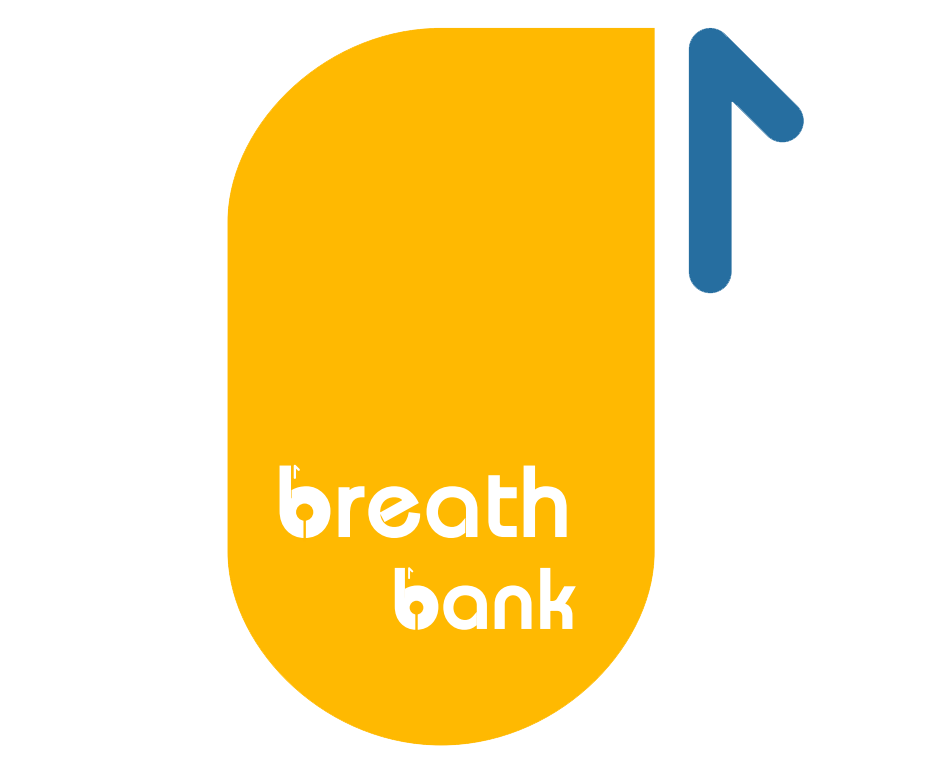Improving your sleep health, receiving feedback on how to optimize sleep quality and quantity, tracking your sleep time – sound good, don’t they? This is what sleeping technology gives you. Today we’ll get to know more about how technology affects your sleep, look at the good and bad, and how technology and sleep deprivation are connected.
Sleep technologies: what are they?
Getting quality and healthy sleep is rare nowadays. According to the CDC, 35% of adults don’t get enough sleep. As lack of sleep becomes a problem for some, it becomes a new field of discovery for entrepreneurs. That’s why sleep technologies have begun to appear.
Many things can interfere with your sleep, whether it be a snoring partner, crying child or bright street lights. You may look for the best sleep technology, but the truth is all of them have advantages and disadvantages.
How technology affects sleep
Some useful gadgets promise you a noiseless sleep; others help to cope with snoring. Surely, everything depends on the type of technology? The most popular global sleep technologies types are mattresses, pillows, light devices, air conditioning, sleep trackers, wearable devices, and useful neck technology affecting sleep.

